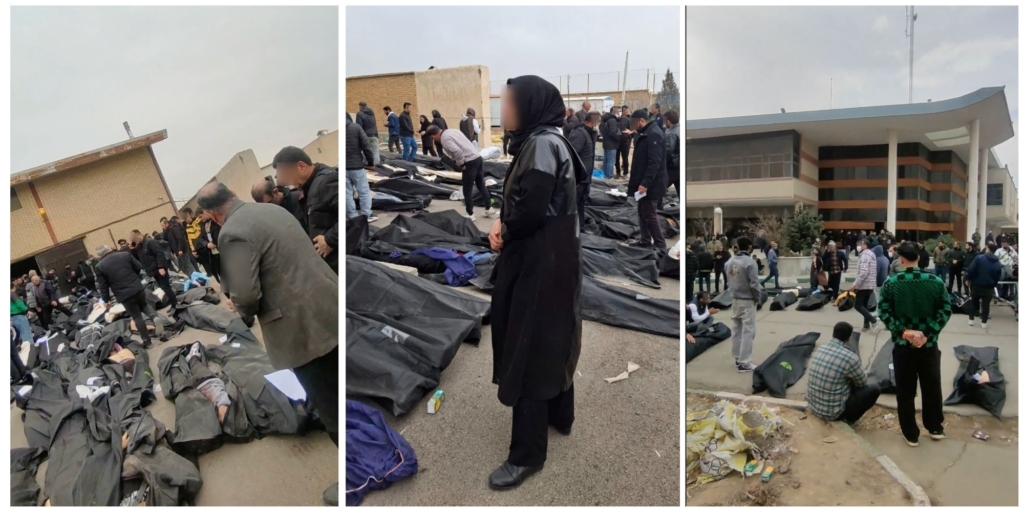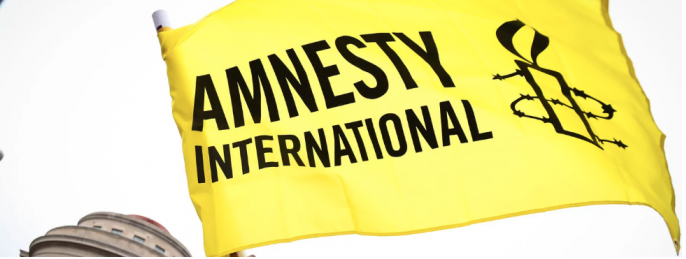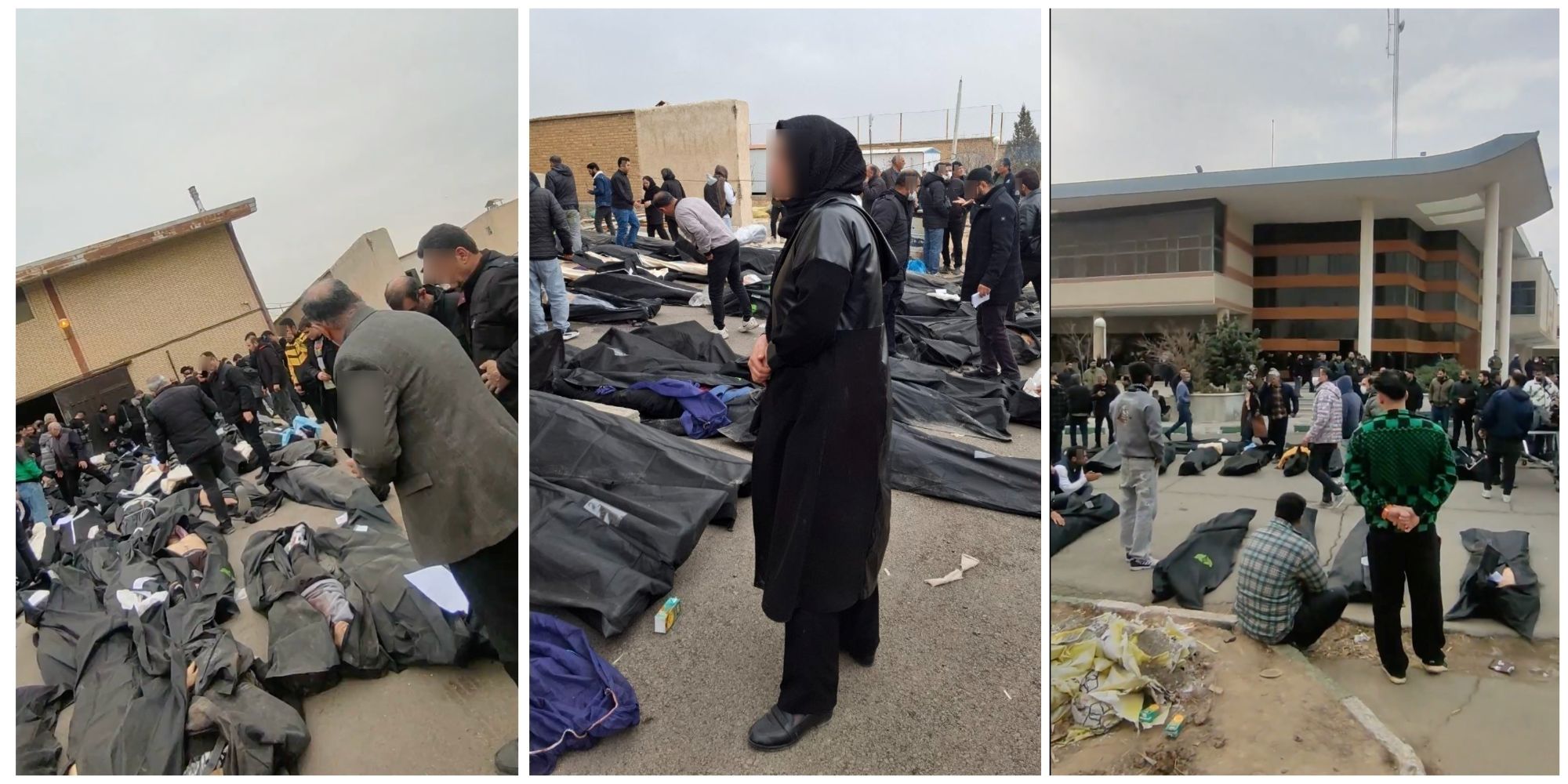Amnesty International is deeply concerned about reports that RCMP officers threatened to arrest journalists for taking photographs and documenting police activity in the Wet’suwet’en territory.
In the early hours of Thursday, Feb. 6, RCMP officers conducted a raid on land defense camps in the Wet’suwet’en territory. They arrested six people in the course of enforcing a court injunction against blockades along access roads related to the construction of Coastal GasLink’s 670-kilometre pipeline from northeastern B.C. to the Kitimat area.
RCMP officers also reportedly detained journalists, removed them from the territory, and instructed them not to film police in tactical gear.
Following public backlash over this appalling affront to press freedom, a police spokesperson later issued a statement, declaring that the RCMP “respects the fundamental freedom of the press… Journalists can rest assured that the RCMP will make every reasonable effort to allow media personnel to get as close as possible to the enforcement area.”
“These journalists had every right to be there, documenting the events in Wet’suwet’en territory without threat of arrest. In fact, at times of heightened tensions, concerns about human rights violations and the use of police force, the role of the media is essential,” said Alex Neve, Secretary General of Amnesty International Canada. “The RCMP now needs to determine why these unjustified and potentially unlawful threats were made in the first place and ensure that clear orders and proper training are in place to align policing operations with human rights obligations.”
In a landmark ruling in March 2019, the Newfoundland Court of Appeal overturned charges against journalist Justin Brake, who had previously covered demonstrations against the Muskrat Falls Hydro project.
The decision underscored that special considerations must apply to journalists reporting on demonstrations, even when an injunction order is in place. The considerations must include whether a journalist is engaged in good-faith reporting, aiding demonstrators or interfering with law enforcement, or whether the events being reported on are in the public interest.
The decision also emphasized the importance of the media in advancing reconciliation and noted that “particular consideration should be given to protests involving aboriginal issues.”
“The situation in Wet’suwet’en territory gives rise to a variety of serious human rights concerns, including that the recent RCMP actions directly contravene a December 2019 ruling from the UN’s highest anti-racism body, the UN Committee on the Elimination of Racial Discrimination,” said Alex Neve. “These are precisely the circumstances in which media scrutiny is an essential safeguard.”
For more information, please contact: Lucy Scholey, Media Relations, Amnesty International Canada, 613-853-2142, lscholey@amnesty.ca






















